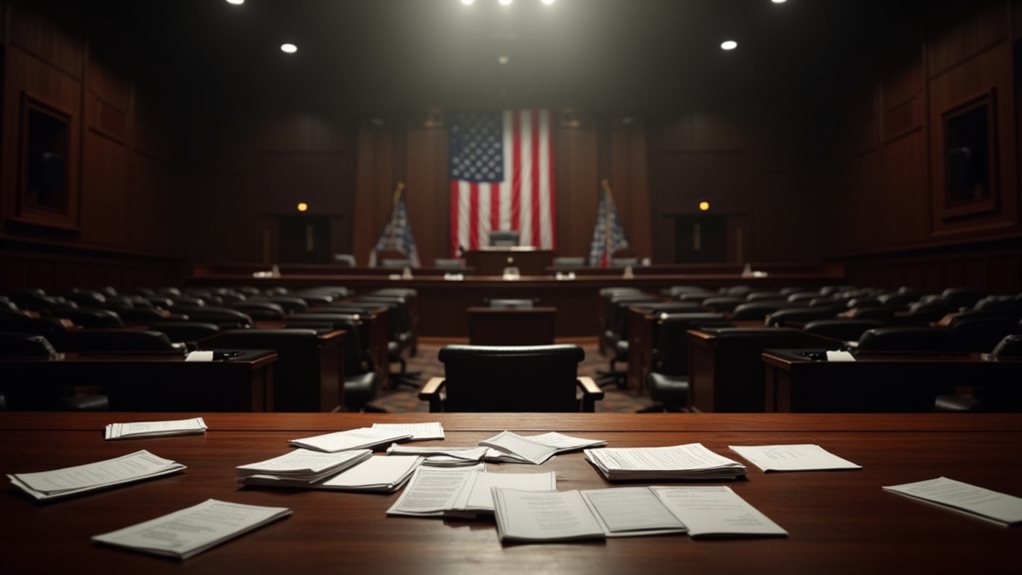House Republicans spectacularly botched what should have been a slam dunk for crypto legislation. Despite Trump’s endorsement and support from White House and GOP leadership, around a dozen Republican hard-liners killed their own party’s bills. The procedural vote failed 223-196, stalling the GENIUS Act and CLARITY Act during what became known as “Crypto Flop Week.” Trump later secured a deal with holdouts, setting up Wednesday and Thursday revotes that remain uncertain.

Another day, another legislative fumble in Washington. The House of Representatives managed to botch what should have been a straightforward procedural vote on crypto bills, with 223 members voting in favor but 196 against—killing the motion dead in its tracks.
The vote, originally scheduled for Tuesday, got scrapped faster than a bad dating profile. No further votes happened that day, leaving crypto’s so-called “Crypto Week” looking more like Crypto Flop Week. Key legislation like the GENIUS Act and CLARITY Act got stuck in procedural purgatory, despite having support from the White House, Senate, and House leadership.
Washington’s crypto legislation face-planted spectacularly, turning what should have been Crypto Week into an embarrassing procedural disaster.
Here’s the kicker: around a dozen Republican hard-liners torpedoed their own party’s agenda. These weren’t random opponents either—some were known crypto supporters. Their beef? The GENIUS Act didn’t explicitly ban Central Bank Digital Currency, and they worried about creating a “backdoor” for government-controlled digital money.
The GENIUS Act, already passed by the Senate, would require stablecoins to be fully backed by U.S. dollars or liquid assets with annual audits for large issuers. The CLARITY Act aims to sort out the regulatory mess by clarifying SEC and CFTC jurisdiction while requiring financial disclosures from crypto firms. There’s also an Anti CBDC Surveillance Act that would ban the Federal Reserve from issuing central bank digital currencies.
Trump himself jumped into the fray, publicly endorsing the GENIUS Act and urging Republican members to vote yes. Didn’t matter. The GOP hard-liners dug in their heels anyway. Following the failed vote, Trump announced he had secured a deal with GOP members to advance the legislation after meeting with 11 of the 12 Republican holdouts.
Speaker Mike Johnson found himself playing damage control, announcing plans for a Wednesday revote while trying to negotiate with the holdouts. Some conservatives criticized Johnson for limiting amendments, particularly around CBDC provisions. Others pushed for bundling all crypto bills together to force the Senate’s hand. Sources indicate the CLARITY Act could pass on Wednesday while the GENIUS Act might face voting on Thursday, though future votes remain uncertain given the earlier procedural failures.
The failure caught many off guard, given bipartisan recognition that crypto regulation is desperately needed. Instead of clarity, the industry got more uncertainty. The stalled legislation delays any codified framework for digital assets, leaving everyone wondering if Washington can actually get its act together on crypto policy. Meanwhile, the SEC has recently reversed its 2022 proposal requiring crypto firms to register as alternative trading systems, signaling a potentially softer regulatory approach.









